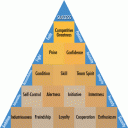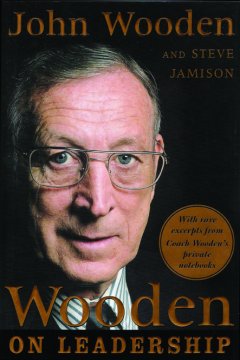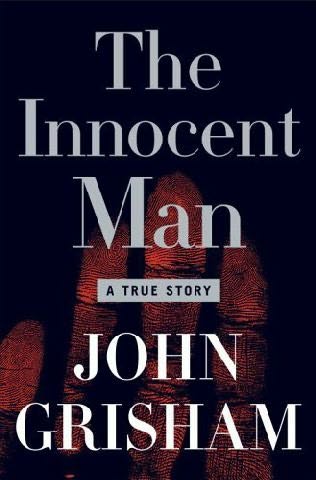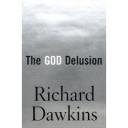I often wonder how many words I read a day: hundreds of emails, reports and presentations, newspaper (on-line and physical subscription – San Jose Mercury News and Wall Street Journal), RSS readers, websites – spam or non-spam, journals, books and etc. It’s a lot! In my work as a manager, the effectiveness of reading the emails could range from keeping track of the progress of the team to finding a strategic fault and changing the direction of the team – a big impact in terms of potentially lost productivity and product schedule slip or even failure of a product. Often times, I dread going on vacation because I was afraid of not keeping up with the email deluge or wiping out the accomplishment of dropping the number of emails from 3,000 to 1000 just to see the inbox goes back to 3,000. (This happened to me on my last vacation.) I wanted to use my Treo to read emails and found the screen to be too small and my eyes turn blurry after using it for just 30 minutes – not a good thing to treat our precious eye sight given their importance in today’s work.
I often read about how some academia complaining that our literacy level is dropping because we’re not reading as much as before. For me, it’s definitely not true. Before the networked world, I was reading only one newspaper and a small number of emails at work. And now, I estimate it’s more like 10x more than before when I first started my career. I feel every day I’m swimming in an ocean of words and I can’t get out because I was pulled by the tide of fear that I may be left behind in this competitive world. And I don’t think I’m alone on this. I can see how some people may subscribe to the 100-channel satellite TV or cable and just sit in front of TV and turn into a couch potato but my TV time has dwindled to near an hour or less on average for watching the DVD’s I rented from Netflix.
Wouldn’t it be nice to have a tool that could not only aggregate the important reading (like Google) but also summarizes in the way we can comprehend in a nick of time, giving you more time to do something more pleasurable. Don’t get me wrong. I’m not saying reading is not pleasurable. I happen to be an avid reader and enjoy reading a lot of things. The problem I have is the “noise” seems to be bigger than the “signal.” We need a killer app that can reduce the noise-to-signal ratio in our daily reading routine.
Fellow programmers, start your engine to produce the most intelligent must-read reader that truly informs and educate the users! Oh, wait a minute, please show only the ads (for the “free” reader) that the users are truly interested. Thanks.





